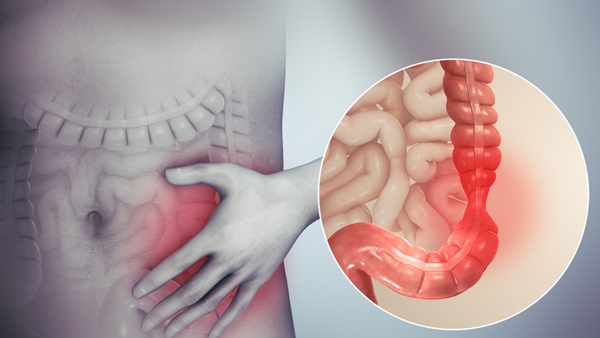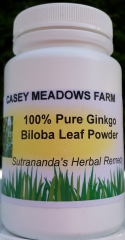Irritable bowls syndrome
Irritable bowel syndrome (IBS) affects between 6–18% of people worldwide. This condition involves changes in frequency or form of bowel movements and lower abdominal pain . Diet, stress, poor sleep and changes in gut bacteria may all trigger symptoms. However, triggers are different for each person, making it difficult to name specific foods or stressors that everyone with the disorder should avoid

9 Signs and Symptoms of Irritable Bowel Syndrome (IBS) |
|
1)The
most common symptom of IBS is lower
abdominal pain that is less severe after
a bowel movement. Dietary modifications,
stress-reducing therapies and certain
medications can help reduce pain. 2)Frequent, loose stools are common in IBS, and are a symptom of the diarrhea-predominant type. Stools may also contain mucus. 3)Constipation is very common. However, abdominal pain that improves after a bowel movement and a sensation of incomplete bowel movements after passing stool are signs of IBS. 4)About 20% of patients with IBS experience alternating periods of diarrhea and constipation. Throughout each phase, they continue to experience pain relieved by bowel movements. 5)IBS changes the time stool remains in your intestines. This changes the amount of water in stool, giving it a range from loose and watery to hard and dry. 6)Gas and bloating are some of the most common and frustrating symptoms of IBS. Following a low-FODMAPs diet can help reduce bloating. 7)Many people with IBS report specific trigger foods. Some common triggers include FODMAPs and stimulants, such as caffeine. 8)Those with IBS are more fatigued and report less refreshing sleep compared to those without it. Fatigue and poor sleep quality are also related to more severe gastrointestinal symptoms. 9)IBS can produce a vicious cycle of digestive symptoms that increase anxiety and anxiety that increases digestive symptoms. Tackling anxiety can help reduce other symptoms. Symptoms of IBS can be triggered by:
|
| Herbal remedies to treat irritable bowls syndrome | |||
|
|
|||
|
|
|
|||||||||||||||||||||
|

